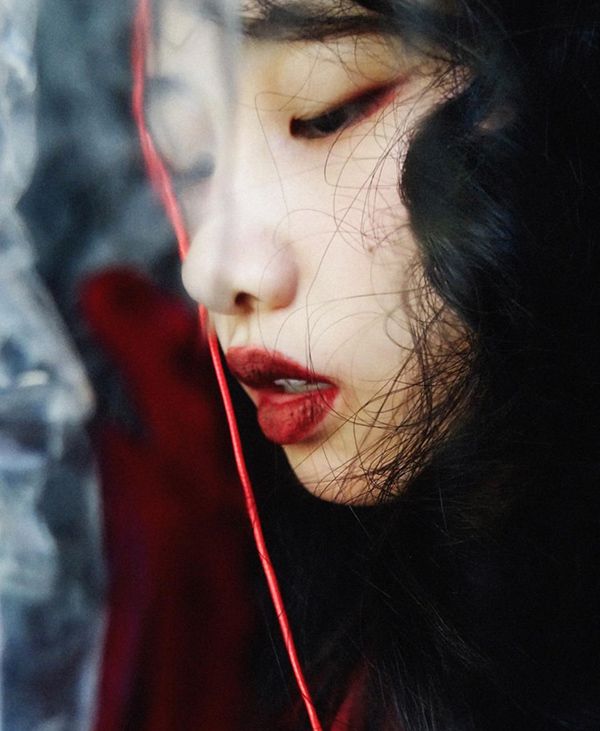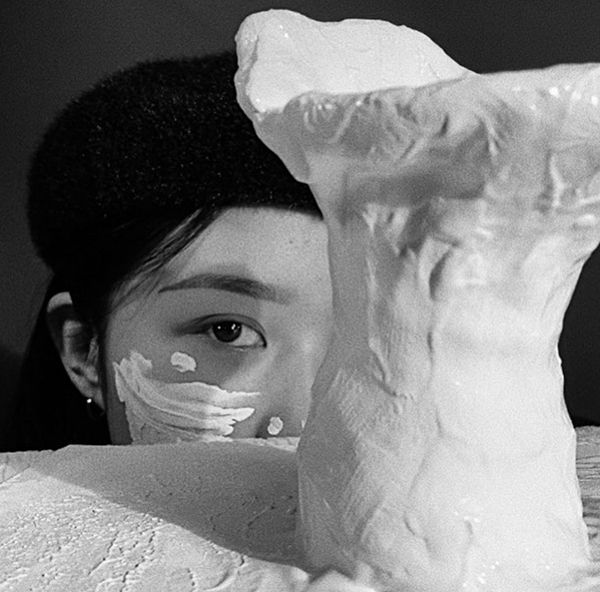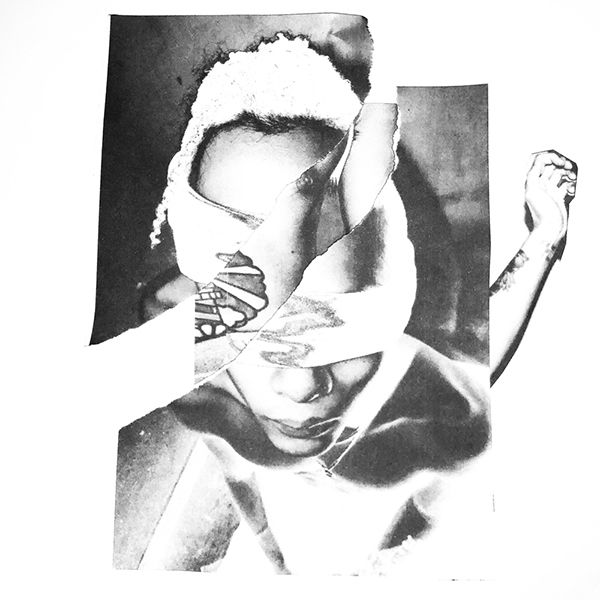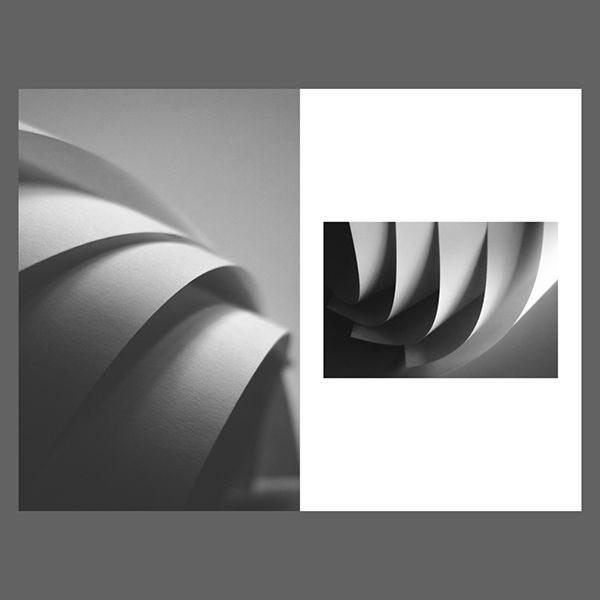As Covid-19 drives our teaching online, virtual classrooms present particular challenges for creative arts students who are seeking hands-on, practical skills — but solutions have already been adopted by the University for the Creative Arts’ (UCA) Hong Kong-based outpost and could be a lesson for us all.
Layla Regan teaches UCA’s Fashion Promotion and Imaging (FPI) course as a top-up degree at the Hong Kong Institute of Design. She is ahead of her UK counterparts in terms of learning how to adapt her course to the current coronavirus-driven crisis.
"The current semester is 90% practical, so we have rewritten as much as possible to adapt to online teaching," said Layla. “And, engaging more informally and in a more human way really keeps the students upbeat.”
Layla devised FPI projects that her students were able to complete at home rather than outside, or in the classroom. These included asking students to create work only on their mobile phones.

©Katrina
“Some students got very hung up on photography kit and it can impede creativity so I really liked going back to basics as well as exploring new mobile tech,” she said. “This was especially true for low-income students, who became empowered to realise that they can style and shoot within their limited means and technologies."
Layla, who herself is a student, knows all too well the economic limitations of study, but found these limitations made her more creative.
“I think students often see fashion photography and want to create images in the vein of Tim Walker and Nick Knight which requires a whole production team. They can feel paralysed if they are not connected or wealthy so this project bridges the gap and gives them the skills without the financial or social pressure.”
Another project was in collaboration with London-based photographer Heather Glazzard. Heather spoke to the students about her practice and then set them a project to take portraits using FaceTime.
Other projects involved recycling past work. Before the lockdown, Layla’s students had been creating edits for a fashion film, but with more time on their hands, students can use the same footage to create different edits for different audiences such as a commercial client or an alternate creative edit. In this way, the students have been able to look deeper into subjects.
“With the shift of focus to online, digital and tech we can now look deeper at things, such as the process of editing, and exploring the importance of sound in fashion films. These are areas that we’d normally only touch on in lectures.”

Other projects Layla hopes to initiate include virtual art gallery visits, accompanied by tasks and seminars, film screenings online, and using unused billboards and external advertising spaces to exhibit work. And, to replace the end of year graduate shows, Layla has been researching ways in which contemporary artists are showing their work outside of the gallery space – virtually.
“I’ve been using Adobe Aero alongside 3-D scanning in lessons and my own practice so I thought we could use this to create virtual shareable experiences across Hong Kong,” explained Layla. “Adobe Aero is an app that anyone can use without coding to view, build and share immersive and interactive augmented reality (AR) experiences. The viewer can ‘place’ an image anywhere and travel inside, around and through.”
Besides setting projects more relevant to studying in a lockdown, Layla also had to consider how to keep her students motivated. And, having already experienced a collective trauma on the back of the protests earlier in the year, it would have been very easy for students to lose contact and interest.
So, one day a week was set aside for herself and her FPI colleague, Kary Kwok, to be available for online tutorials and one-to-one chats.

©Poki
“The isolation can be very hard, particularly because, like most cities, people live in small spaces,” explained Layla. “So, the online chats were a lifeline for both us and the students to have some human contact. We set small home-based projects which we could then revisit the following week. In between, we asked students to upload research to Instagram and email or WhatsApp us with any questions they had. Whether the students finished the work wasn’t even important, it just gave us all an anchor point.”
Instagram and WhatsApp were also used a lot to send students inspiration, online links to galleries, music and so on to ensure the course culture continued and to offer a distraction from the negativity. And, a bespoke Instagram account was set up by the students to showcase their works in progress.
Something Layla found particularly successful was having the ability to co-teach a lecture online and work interactively. Layla was able to show slides online, which students were then able to respond to by writing on. She was also able to directly reference work on Instagram using everyone’s mobiles. “We will continue to use these methods of teaching alongside the traditional methods in the future - there is a lot of untapped potential here,” said Layla.
The work students have been producing in these unique set of circumstances has been no less impressive, and while Layla confesses some students have dropped off the radar, others have been more engaged than ever and working within these limitations has really pushed some of the students’ technical abilities and creative practices forward.

©Yuki
Layla noted: “Hong Kong is unbelievably expensive and students now don’t have to choose between attending class and going to work because they can attend on their phones. We have had students attend while on the bus to work, or looking after family members. It also gives us tutors a better understanding of the pressures that students live with day to day.”
For all those students who have more recently embarked upon this online and working from home journey, Layla’s advice is to stay calm.
“Don’t freak out,” she said. “This is a chance for you to concentrate and get some headspace, especially if you are working on your dissertation and final projects. You may not see it but your tutors and course management will be working intensely behind the scenes to make sure you can still progress, and on innovative teaching ideas to take forward. Take the time, ask questions and continue to create if you can - if you are too overwhelmed, that’s normal.
“Make sure you keep in contact and support your peers. Create a study group with your friends where you can debate, discuss and study out of class in your own way.”

To learn more about our top-up degree in BA Fashion, Promotion and Imaging, visit the course website.
For a full list of the Fashion courses on offer at UCA, visit the website.
/prod01/channel_8/media/marketing-media/news/news-2020/HK-FPI---web-header.jpg)